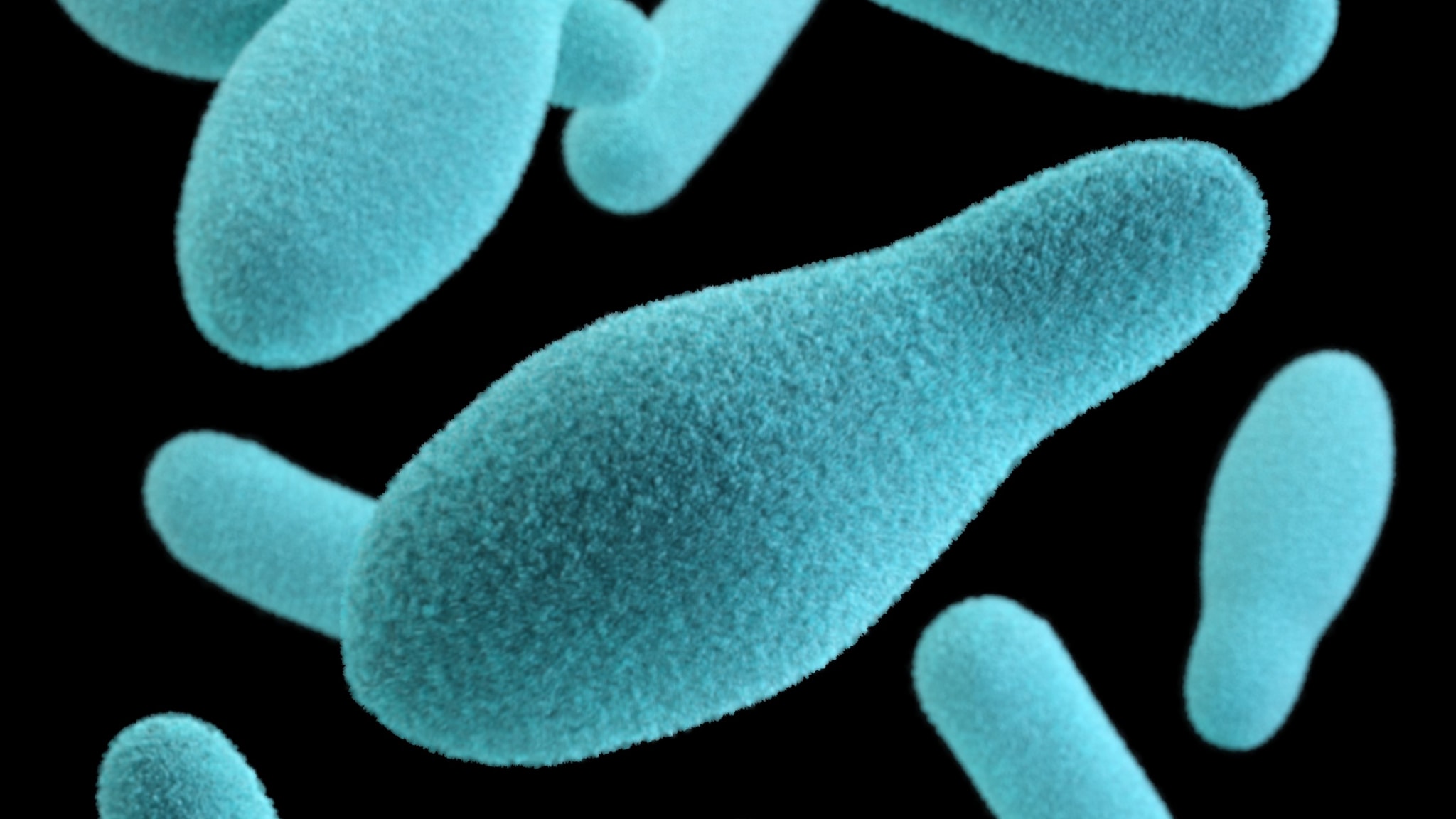Key points
- Botulism is a rare but serious illness.
- It is caused by a toxin that attacks the body’s nerves and causes difficulty breathing, muscle paralysis, and even death.
- The toxin is made by Clostridium botulinum and related bacteria.
- There are five main kinds of botulism. All are medical emergencies.

Overview
Botulism ("BOT-choo-liz-um") is a rare but serious illness caused by a toxin that attacks the body's nerves. Botulism causes difficulty breathing, muscle paralysis, and even death.
The toxin is made by Clostridium botulinum and sometimes Clostridium butyricum and Clostridium baratii bacteria (germs). These bacteria can produce the toxin in food, wounds, and the intestines of infants.
The bacteria that make botulinum toxin are found naturally in many places, but it's rare for them to make people sick. These bacteria make spores, which act like protective coatings. Spores help the bacteria survive in the environment, even in extreme conditions.
The spores usually do not cause people to become sick, even when they're eaten. But under certain conditions, these spores can grow and make one of the most lethal toxins known.
The conditions in which the spores can grow and make toxin are:
- Low-oxygen or no oxygen (anaerobic) environment
- Low acid
- Low sugar
- Low salt
- A certain temperature range
- A certain amount of water
For example, improperly home-canned, preserved, or fermented foods can provide the right conditions for spores to grow and make botulinum toxin. When people eat these foods, they can become seriously ill, or even die, if they don't get proper medical treatment quickly.
Most common types
There are 5 main kinds of botulism.
Foodborne botulism
Foodborne botulism can happen by eating foods that have been contaminated with botulinum toxin. Common sources of foodborne botulism are homemade foods that have been improperly canned, preserved, or fermented. Though uncommon, store-bought foods also can be contaminated with botulinum toxin.
Wound botulism
Wound botulism can happen if the spores get into a wound and make a toxin. People who inject illicit drugs have a greater chance of getting wound botulism. People who have had a traumatic injury, such as a motorcycle crash, or surgery also can get wound botulism.
Infant botulism
For reasons we do not understand, some infants get botulism when the spores get into their intestines, grow, and produce the toxin.
Iatrogenic botulism
Iatrogenic botulism can happen if too much botulinum toxin is injected for cosmetic reasons, such as for wrinkles. It also can happen if too much of the toxin is injected for medical reasons, such as for migraine headaches.
Adult intestinal toxemia
Adult intestinal toxemia is also known as adult intestinal colonization. This kind of botulism is a very rare. It can happen if the spores of the bacteria get into an adult's intestines, grow, and produce the toxin (similar to infant botulism). We don't know why people get this kind of botulism. People with a serious health condition affecting the gut might be more likely to get ill.
